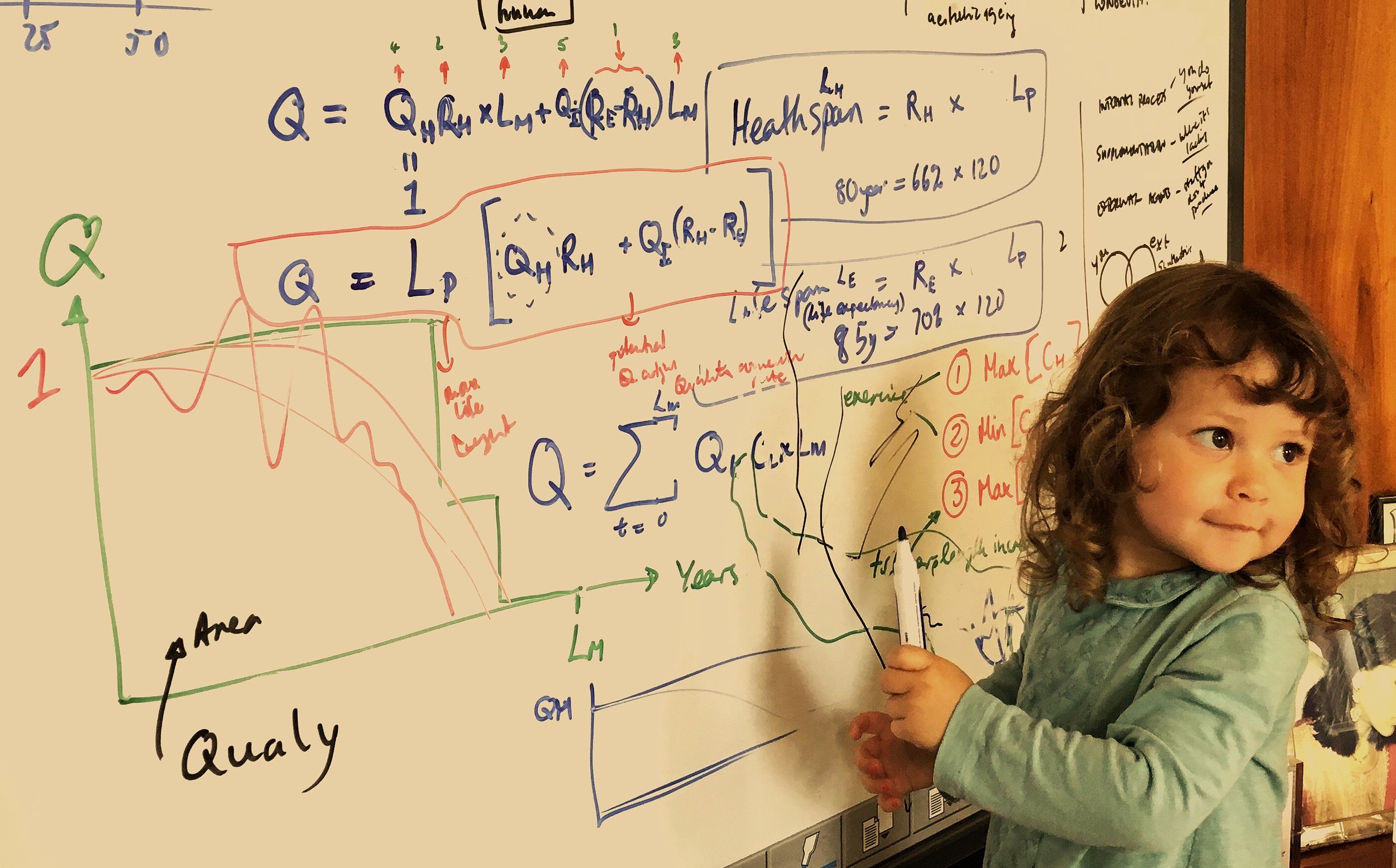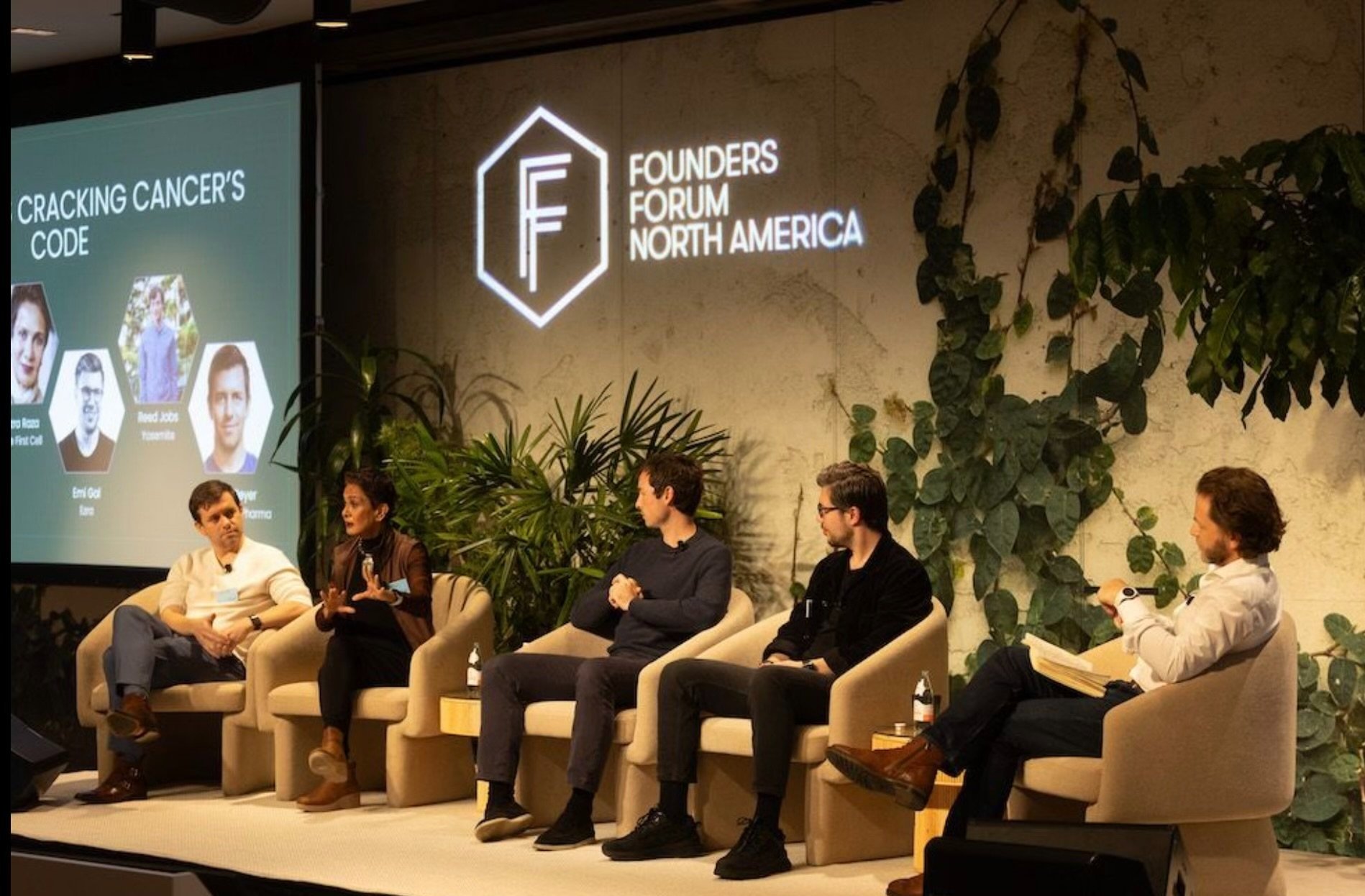
Deep insights. Simply put
Carefully curated. Deeply researched. Free of ads and shackles.
There are brilliant content producers with the finger on the pulse. So we won’t regurgitate the news just to keep up with the crowd, except if the news needs an urgent second opinion. And this is not a rarity. We take our time to see through commercial biases, and noodle on the nuances behind the headlines. Always in an easily digestible form. An individual human may be pear-shaped but is never bell-shaped - meaning, statistical evidence for whole populations may not fit well with you if you’re an edge case or working in extremes. Like many of our patients. While on the programme or alumni membership we’ll take the topics you ask us about and tailor what it means to those like you. And while we use AI tools to help us search and type faster, rest assured, we don’t rely on anyone except the experts.
-
We geek out on:-
Preventive & therapeutic medicine
Leadership & relationships
Health-span research
Human Performance Science
Nutrition and 'Notrition' (fasting) and Nootrition (cognitive enhancement)
Sleep, Jetlag and circadian biology
Fitness & Physique
All things Psyche...
-
,,,,
-
…

The Paradox of Ultra-Longevity: A Responsible Approach to Extending Healthspan
In an age where science fiction edges closer to reality, the quest for extending human life beyond its natural bounds has captivated the imagination of many. Yet, with this enthralling possibility comes a labyrinth of ethical, environmental and social implications that demand our attention. In light of the recent article in the Times, Dr Jack Kreindler shares his reflections on the the current drive towards ultra longevity and invites us to consider its implications for humanity and the Earth, unfolding the intricate tapestry of what it means to live a life extended, not just in years, but in vitality and purpose.

Ever Closer to Cracking Cancer’s Code?
In frank conversation with four pioneers cracking Cancer’s code
It was a privilege, as ever, to curate and chair another future of medicine panel for Founders Forum Group. This time for Founders Forum North America Summit in Brooklyn, New York. A notable thank you to Carolyn Dawson OBE and Brent Hoberman CBE for hosting us all.
Four pioneers came to speak on our main stage panel from near and far to illuminate the very bleeding edge of cancer prevention, detection and next generation therapeutics. All of which will make the life of a future oncologist very different. Reed Jobs of cancer dedicated deep tech fund Yosemite.co, Emi Gal of MRI cancer prevention pioneers Ezra, James Peyer, PhD of Cambrian Bio (who I stole from the Founders Forum Longevity round table, cancer being a disease of ageing no less) and last but not least the extraordinary Azra Raza from Columbia University an Oncologist of the decades long sacrifice, compassion and commitment like no other who I hold claim of being number one fan.

Sleep consistency vs duration: the underdog wins.
The emerging science of sleep has long emphasized the importance of sleep duration, typically recommending seven to nine hours per night for optimal health. However, the latest study published a few weeks ago in the journal Sleep offers a game-changing perspective. This isn't about clocking in more hours under the covers; it's about the rhythm and regularity of your sleep pattern.

Drop your blood glucose and improve your mood: A Simple Change to Combat the Risks of Prolonged Sitting
In the quest to mitigate the health risks associated with prolonged sitting, a recent study sheds light on the benefits of breaking up sedentary time with short, light-intensity walking breaks. It is already well reported that increased time sitting, above 6 to 8 hours per day of total sitting time and 3 to 4 hours per day of TV viewing time, are associated with greater risks of all-cause and cardiovascular deaths.

Get your Mojo back - Get Your Sperm Tested
Get your Mojo back - Get Your Sperm Tested

A Scan a Day Keeps the Doctor Away?
A Scan a Day Keeps the Doctor Away?

Richard Issacson’s Top Tips to Prevent Alzheimer’s
Richard Issacson, on multiple occasions has maintained that “anyone with a brain is at risk for Alzheimer’s, but also that at least one in three cases of Alzheimer’s can be prevented”

